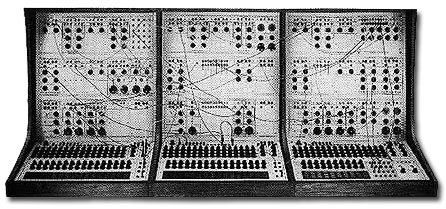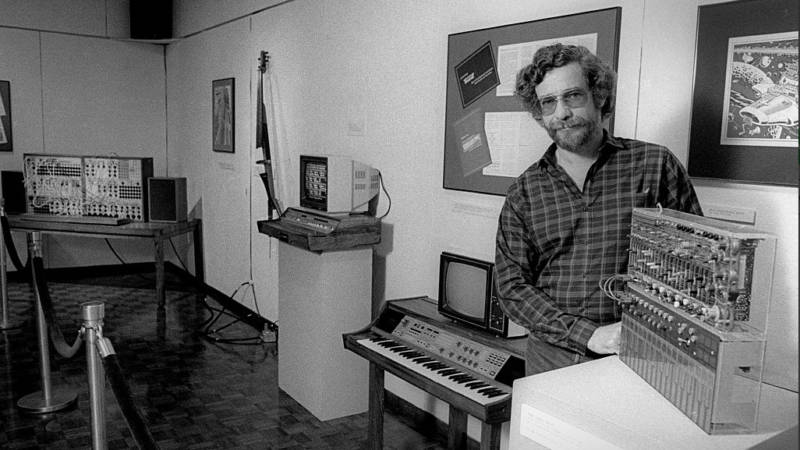Don Buchla, the electronic musical instrument designer who built one of the first modular synthesizers and whose influence on electronic music is still prevalent today, died Wednesday at the age of 79. As of Friday, the cause of his death is unknown, although he had dealt with health issues since suffering a stroke in 2014.
https://www.facebook.com/Moogfest/photos/a.494609860606668.1073741828.436371526430502/1180761295324851/
Born in South Gate, Calif. in 1937, Buchla attended UC Berkeley before founding his musical instrument company, Buchla & Associates, in 1962. He was soon commissioned by the influential San Francisco Tape Music Center to build an electronic instrument that could be controlled with voltage for experimental composers Morton Subotnick and Ramon Sender.

With an additional $500 grant from the Rockfeller Foundation, Buchla designed and built the Buchla 100 series Modular Electronic Music System, the first-of-its-kind synthesizer combining multiple components that either generated or manipulated sounds.
Subotnick would use the instrument to write and record Silver Apples of the Moon, the first electronic music composition to be commissioned by a record company and the composer’s most popular work.


